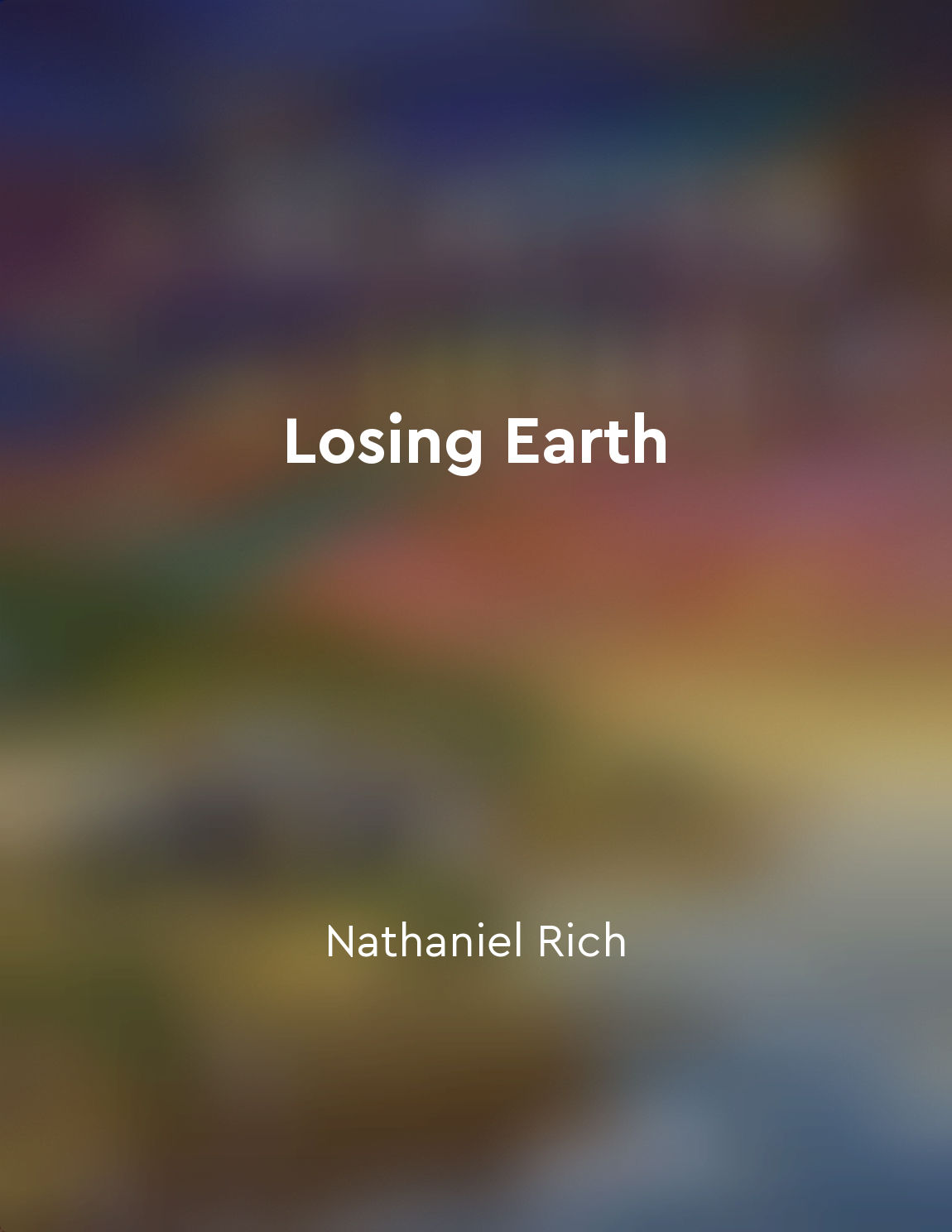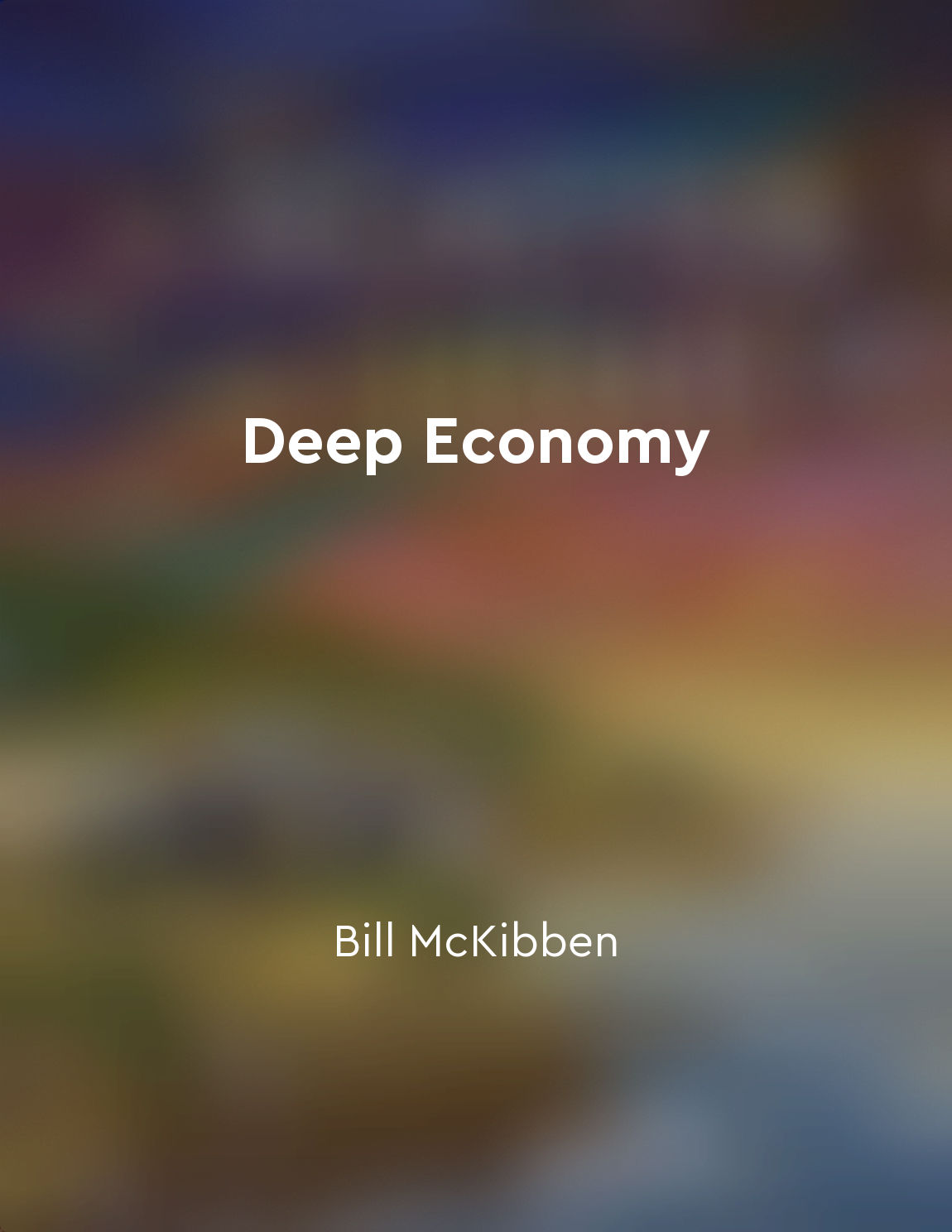Policymakers must balance shortterm and long-term goals from "summary" of The Industrial Policy Revolution II by J. Esteban,J. Stiglitz,Justin Lin Yifu
Policymakers are faced with the challenging task of finding the right balance between short-term and long-term goals when formulating policies. This involves weighing the immediate needs and demands of society against the future implications and consequences of their decisions. In essence, it requires a careful consideration of the present and future welfare of the economy and society as a whole. Short-term goals often relate to addressing pressing issues or achieving immediate results, such as boosting economic growth, creating jobs, or increasing productivity. These goals are crucial for addressing current challenges and ensuring the stability and well-being of society. However, a narrow focus on short-term goals can lead to overlooking the long-term implications of policy decisions. On the other hand, long-term goals encompass broader objectives that aim to foster sustainable development, enhance competitiveness, and promote inclusive growth over the years. These goals are essential for securing the future prosperity and resilience of the economy and society. Neglecting long-term goals in favor of short-term gains can result in missed opportunities for sustainable growth and development. Finding the right balance between short-term and long-term goals requires policymakers to adopt a strategic and forward-thinking approach to policymaking. This involves aligning short-term actions with long-term objectives, considering the interplay between immediate needs and future aspirations, and making decisions that maximize both short-term benefits and long-term outcomes. Moreover, policymakers must be willing to make trade-offs and sacrifices to achieve the right balance between short-term and long-term goals. This may involve making difficult decisions that prioritize long-term sustainability over short-term gains or vice versa. By carefully weighing the trade-offs and implications of their choices, policymakers can steer the economy towards a path of sustainable and inclusive growth.- Policymakers face the complex challenge of balancing short-term and long-term goals in policymaking. By adopting a strategic and forward-thinking approach, making trade-offs, and considering the interplay between immediate needs and future aspirations, policymakers can navigate this challenge effectively and steer the economy towards sustainable and inclusive growth.
Similar Posts
Migration can affect development patterns
Migration has been a significant factor influencing development patterns in various regions around the world. When people move ...
Loss of trust in institutions weakens social cohesion
The erosion of trust in institutions is a dangerous omen for society. When people lose faith in the systems that are meant to s...
Minimum wage laws can benefit the economy
Minimum wage laws are often criticized for potentially causing negative effects on the economy. However, it is important to con...
Commodification of labor creates social inequality
In analyzing the effects of commodification of labor on society, it becomes evident that this process leads to the creation of ...

Hurricane Sandy serves as wakeup call
Hurricane Sandy was a storm of apocalyptic proportions, laying waste to cities along the eastern seaboard of the United States....

Small changes can lead to big impacts
In the world today, it can be easy to feel overwhelmed by the multitude of problems facing us. Climate change, inequality, and ...
Reallife examples to illustrate key points
The concept of providing real-life examples to illustrate key points is crucial in enhancing understanding and retention of inf...

Comparative advantage drives specialization
The principle of comparative advantage in economics is a powerful concept that explains why individuals, businesses, and countr...

Specialized support mechanisms can foster industrial development
The provision of specialized support mechanisms can play a crucial role in facilitating the development of industries in emergi...
Decide how to win
To succeed in business, you must have a clear idea of how you are going to win. This means making crucial strategic decisions t...

